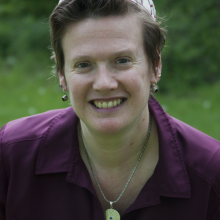Rabbi Jonathan Sacks, z/l: Bo: The March of Folly
Rabbi Sacks compares Pharaoh’s refusal to make the right decision, even though the outcome is obvious. Pharaoh undoubtedly felt he was being strong, in contrast to his advisors, who saw him leading his people to disaster. He remains an enduring symbol of a failure to listen to his own advisors.











